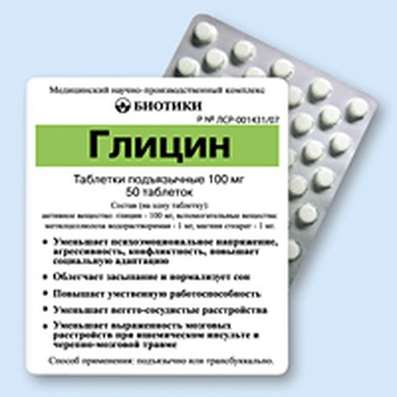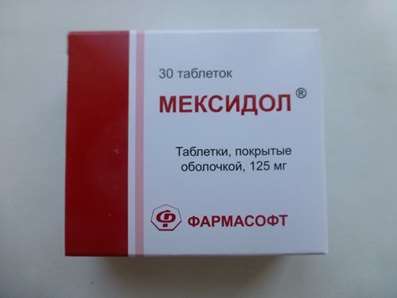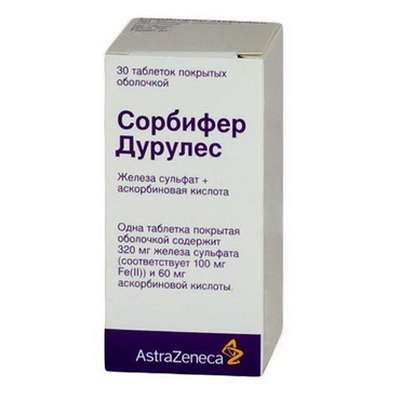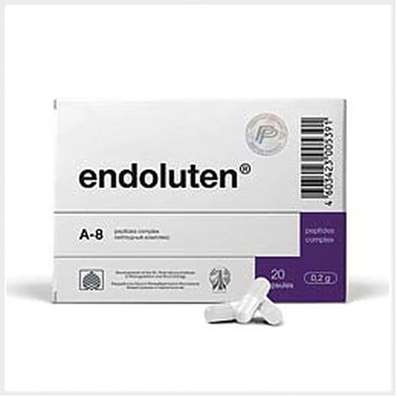Instruction for use: Afloderm
I want this, give me price
ATX Code D07AB10 Alclomethasone
Pharmacological group
Glucocorticosteroid for topical use [Dermatotropona]
Glucocorticosteroid for topical use [Glucocorticosteroids]
Nosological classification (ICD-10)
L20 Atopic dermatitis
Itchy atopic eczema, Common neurodermatitis, Allergic skin diseases, Allergic skin diseases of non-infectious etiology, Allergic skin diseases of non-microbial etiology, Allergic skin diseases, Allergic skin lesions, Allergic manifestations on the skin, Allergic dermatitis, Allergic diathesis, Allergic itching dermatosis, Allergic Skin Disease, Allergic skin irritation, Dermatitis allergic, Atopic dermatitis, Dermatosis allergic, Diathesis exudative, Skin Allergic Disease, Skin allergic reaction to medicinal and chemical preparations, Skin reaction to medication, Skin and allergic disease, Acute eczema, Chronic atopic dermatitis, Exudative diathesis, Itching allergic dermatosis
L23 Allergic contact dermatitis
Allergic dermatitis, Purulent allergic dermatopathies, Contact allergic reaction, Contact allergic dermatitis, Photoallergic contact dermatitis
L24 Simple irritant contact dermatitis
Simple contact dermatitis
L25 Contact dermatitis, unspecified
Intertriginous dermatitis, Contact Eczema, Contact dermatitis, Contact dermatitis of non-microbial etiology, Contact dermatitis, Skin wetting surface, Fractures, Intertrigo,Skin Difficulty, Subacute and chronic contact dermatitis, Phlebotoderma, Simple contact dermatitis complicated by impetigo
L30.9 Dermatitis, unspecified
Allergic dermatoses complicated by a secondary bacterial infection, Anal eczema, Bacterial maturation, Varicose Eczema, Venous dermatitis, Inflammation of the skin, Inflammation of the skin upon contact with plants, Inflammatory Skin Diseases, Inflammatory skin reactions, Inflammatory processes of the skin, Hypostatic dermatitis, Fungal Eczema, Fungal dermatosis, Dermatitis, Dermatitis is stagnant, Dermatitis and eczema in the anal area, Dermatitis acute contact, Perianal dermatitis, Dermatosis, Dermatosis of the scalp, Dermatosis of psoriasis, Dermatosis with persistent itching, Dermatoses, Dermatoses itchy, Other itching dermatoses, Significant eczematous manifestations, Itching with, dermatoses, Itching eczema, True eczema, Skin reaction to insect bites,Skin itching with dermatosis, Constitutional eczema, Weeping eczema, Drowsing inflammatory skin disease, Dying Infectious-Inflammatory Skin Disease, Non-allergic dermatitis, Nummular eczema, Acute contact eczema, Acute inflammatory skin disease, Acute dermatosis, Acute severe dermatosis, Perianal dermatitis, Superficial dermatosis, Subacute Contact Eczema, Simple dermatitis, Occupational dermatitis, Psychogenic dermatosis, Bubble dermatitis of newborns, Pustular eruptions, Irritation and redness of the skin, Low-flammable eczema, Dry atrophic eczema, Dry eczema, Toxic dermatitis, Ear eczema like dermatitis, Chronic eczema, Chronic dermatosis, Chronic common dermatosis, Scaly papular dermatosis, Eczema, Eczema anal region, Eczema of the hands, Eczema Contact, Eczema lichenized, Eczema Nummular, Eczema acute, Eczema acute contact, Eczema subacute, Eczematous dermatitis, Eczema-like rashes, Ecome exogenous, Endogenous eczema, Gluteal dermatitis, Restricted itchy dermatitis
L40 Psoriasis
Chronic psoriasis with diffuse plaques, Generalized psoriasis, Psoriasis of the scalp, Psoriasis of the scalp, Generalized form of psoriasis, Psoriasis dermatitis, Psoriasis complicated by erythroderma, Invalidative psoriasis, Isolated psoriatic plaque, Exfoliative psoriasis, Psoriatic Erythroderma, Psoriasis with eczematosis, Hyperkeratosis in psoriasis,Inverse psoriasis,Psoriasis eczematous, Dermatosis of psoriasis, Psoriasis of the genitals, Psoriasis with lesions of hairy areas of skin, Erythrodermal psoriasis, Chronic psoriasis of the scalp, Chronic psoriasis, Ordinary psoriasis, Refractory psoriasis, Kebner phenomenon, Scaly lichen
L55 Sunburn
Solar burns
L56 Other acute skin changes caused by ultraviolet radiation
Impact of UV rays, Acute skin changes caused by ultraviolet radiation,Sun Dermatitis,Photodermatitis, Photodermatosis, Dermatitis sunflower
L56.2 Photocontact dermatitis [berloque dermatitis]
Photoallergic contact dermatitis
L56.3 Solar Urticaria
Skin irritation after sun exposure, Sun Dermatitis, Dermatitis sunflower
L57.8 Other skin changes caused by chronic exposure to non-ionizing radiation
Photosensitivity
W57 Bite or sting with non-toxic insect and other non-venous arthropods
Allergic reaction to insect bites, Skin reaction after insect bite, Reactions to insect bites, Mosquito bite, Bite of bloodsucking insects, A bite of an insect, The bite of the wasp
Composition
Cream for external use 1 g
active substance:
Alclomethasone dipropionate 0.5 mg
Auxiliary substances: propylene glycol 250 mg; Chlorocresol - 1 mg; Sodium dihydrogen phosphate dihydrate - 2,995 mg; Phosphoric acid - 0.04 mg; Cetostearyl alcohol (cetyl alcohol - 60%, stearyl alcohol - 40%) - 72 mg; Macrogol cetostearate - 22.5 mg; Macrogol glyceryl stearate - 30 mg; Paraffin soft white - 210 mg; Sodium hydroxide - q.s .; Purified water - 410.96 mg
Ointment for external use 1 g
active substance:
Alclomethasone dipropionate 0.5 mg
Auxiliary substances: paraffin soft white - 799.5 mg; Wax bee white - 60 mg; Propylene glycol monopalmitostearate - 20 mg; Hexylene glycol 120 mg
Characteristic
GCS (glucocorticosteroids) for topical application.
pharmachologic effect
Pharmacological action - antipruritic, glucocorticoid, anti-inflammatory local.
Dosing and Administration
Locally. Cream and ointment AflodermŪ evenly applied a thin layer on the affected skin 2-3 times a day. In children and in the period of aftercare it is possible to use the drug once a day. To prevent relapse in the treatment of chronic diseases, therapy should continue for some time after the disappearance of all symptoms.
The drug AflodermŪ can be used in children from the 6th month of life.
It should be borne in mind that in young children, skin folds and synthetic diapers can have an effect similar to the effect of an occlusive dressing and increase the resorption of the active substance of the drug. In addition, children may have a greater degree of systemic resorption due to the relationship between skin surface and body weight, and also due to insufficient maturation of the skin.
It is not recommended to apply under occlusive dressings, in places of contact of diapers and diapers with a skin. The maximum duration of treatment in children is 3 weeks. Longer use of the drug should be carried out only under the supervision of a doctor.
If there is no effect within 2 weeks, the diagnosis should be clarified.
When passing through the acute period of the disease, the need to use the drug on the densest areas of the skin (palm, foot), especially with increased dryness of the skin, and if it is necessary to display anti-inflammatory effect of the drug in deeper layers of the skin, it is advisable to switch to the use of the drug AflodermŪ in the form of ointment .
With common dermatoses, along with the use of AflodermŪ ointment, it is advisable to switch to the use of AflodermŪ in the form of a cream for the therapy of dermatoses localized in delicate and sensitive areas of the skin (face, neck, chest, genital area).
In addition, the cream AflodermŪ has cosmetic advantages - it is easily absorbed and does not leave a greasy shine.
Form of issue
Cream for external use, 0.05%. For 20 and 40 grams of cream in aluminum tubes. The tube opening is protected by a membrane. The tube is closed with a PE cap with a perforator for the membrane. Each tube is placed in a cardboard box.
Ointment for external use, 0.05%. For 20 and 40 grams of ointments in aluminum tubes. The tube opening is protected by a membrane. The tube is closed with a PE cap with a perforator for the membrane. Each tube is placed in a cardboard box.
Terms of leave from pharmacies
Without recipe.
storage Conditions
At a temperature not exceeding 30 ° C.
Keep out of the reach of children.
Shelf life
3 years.
Do not use after the expiry date printed on the package.

 Cart
Cart





